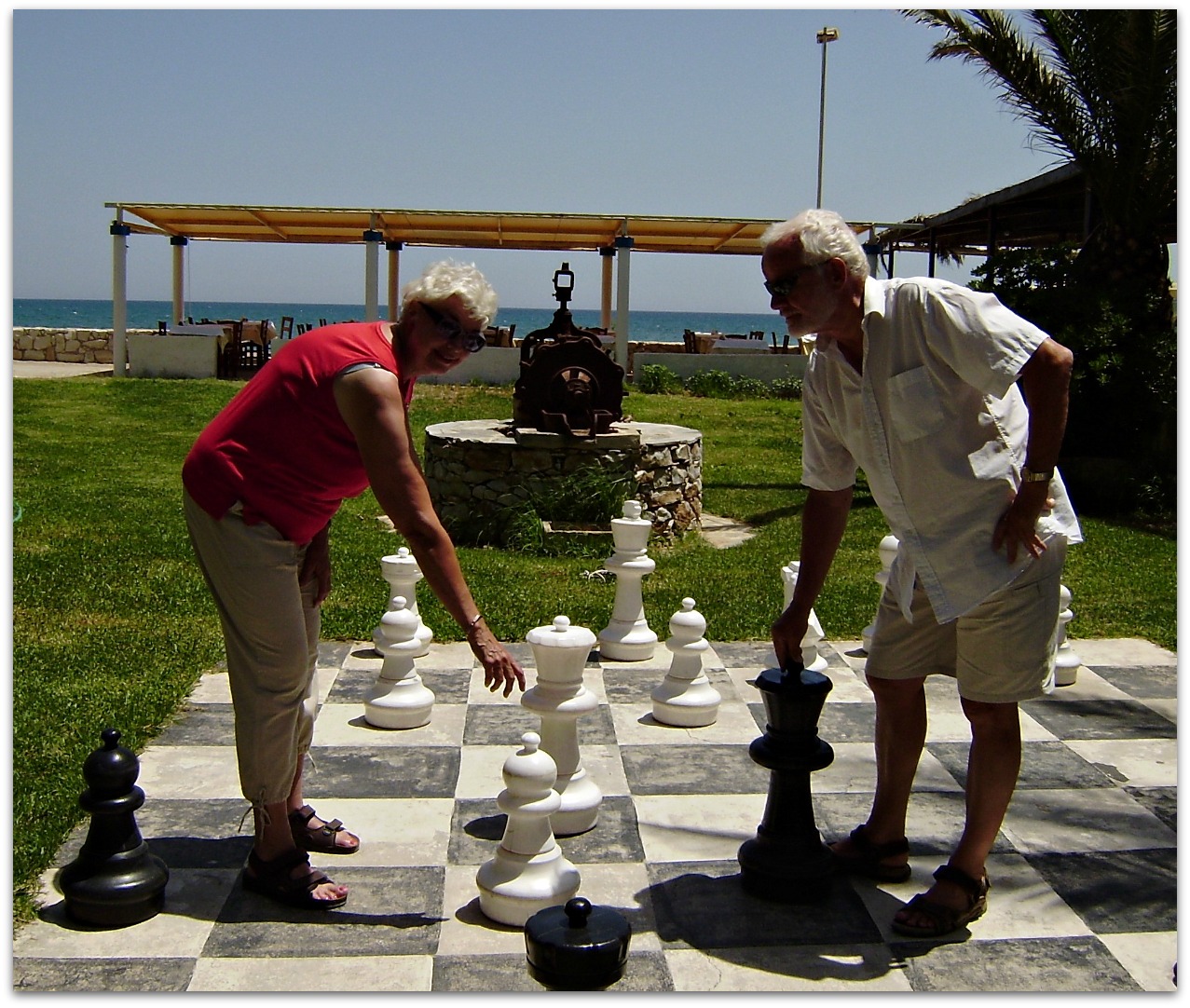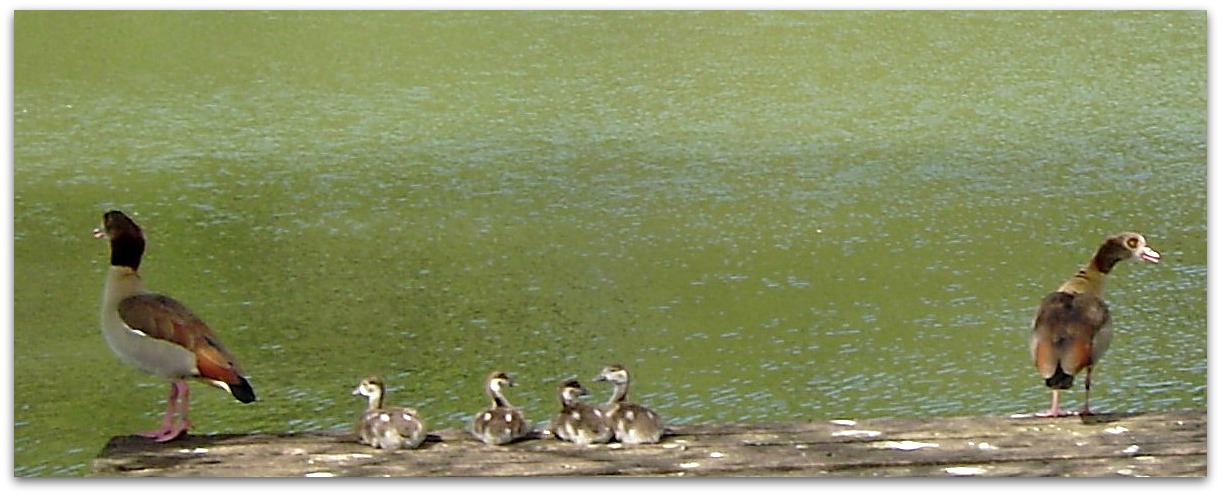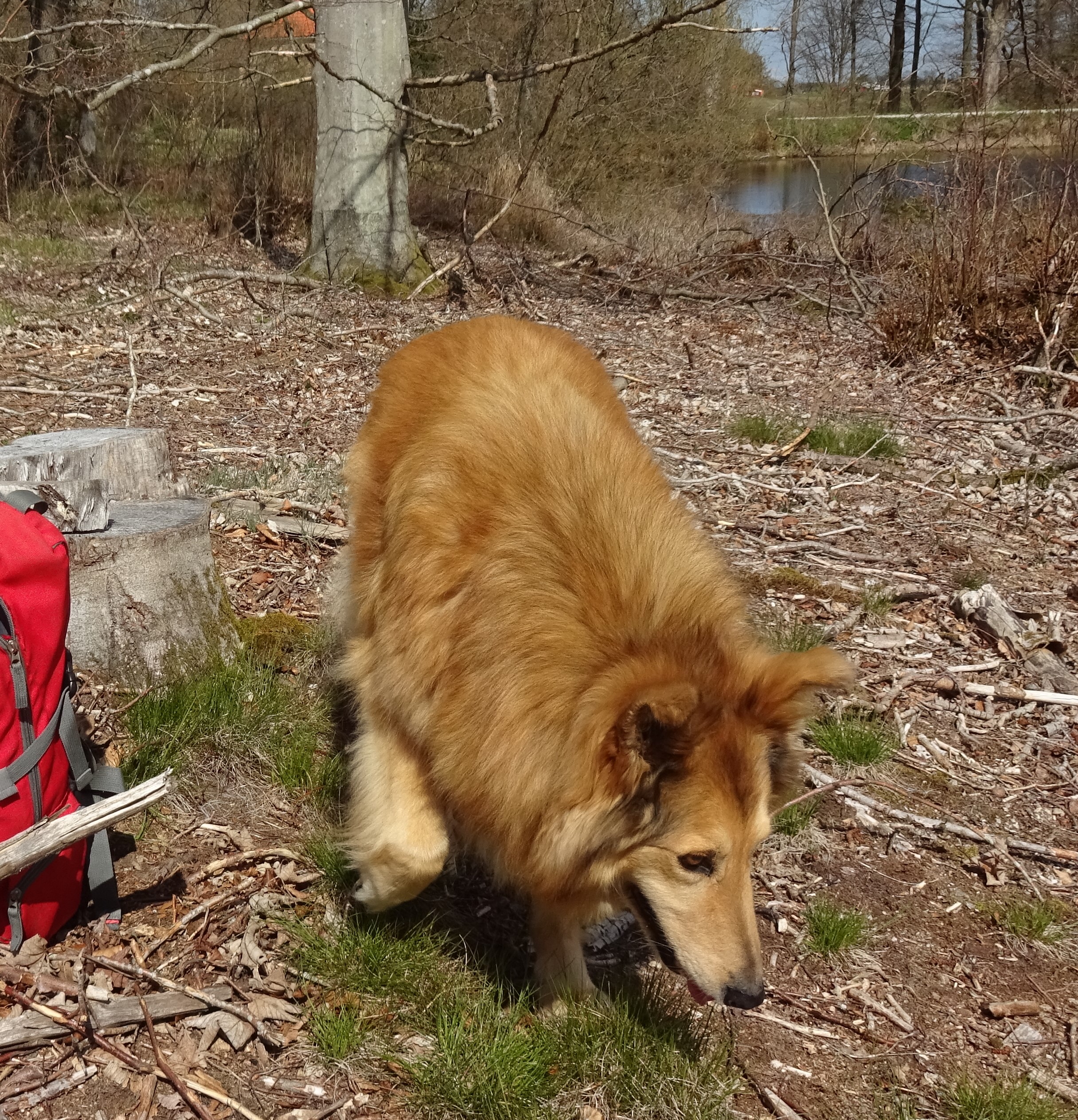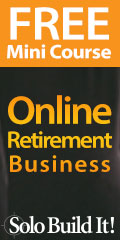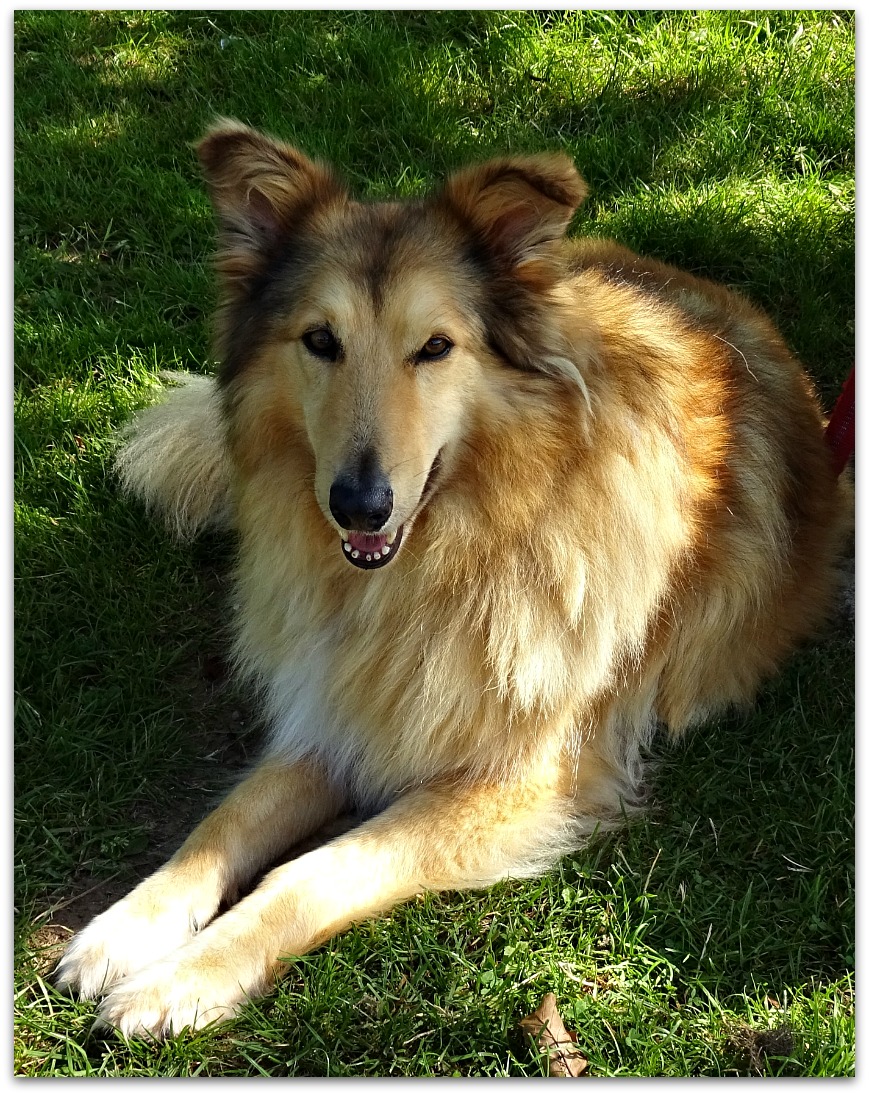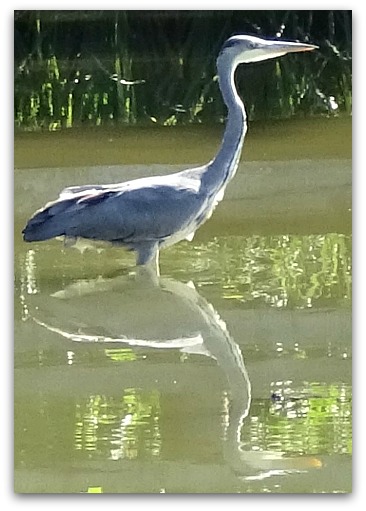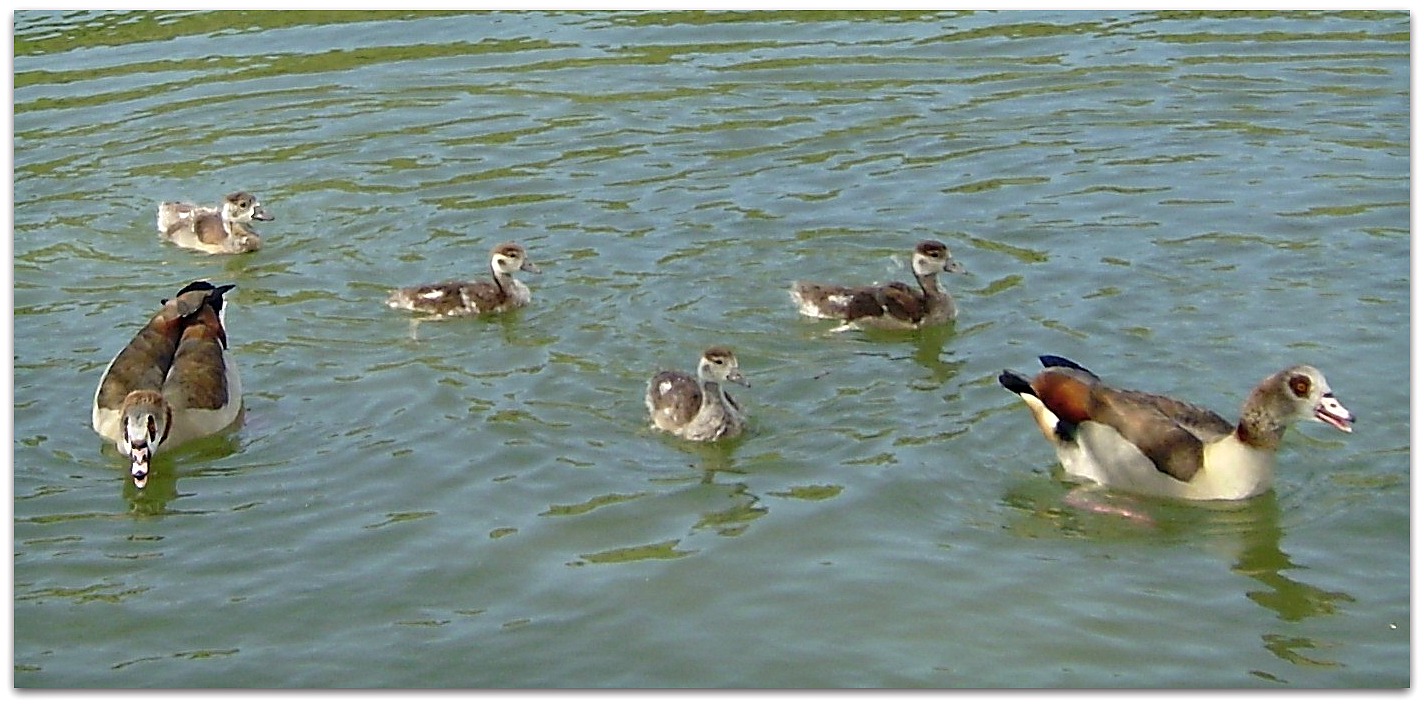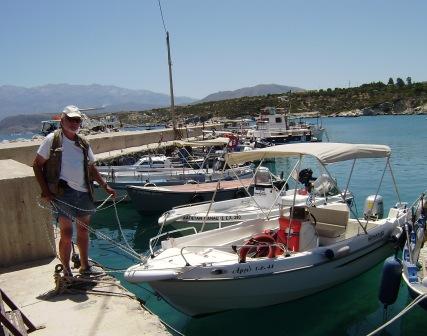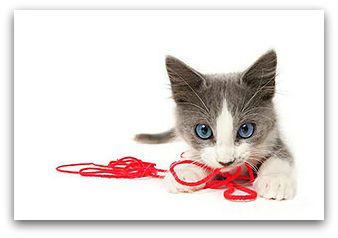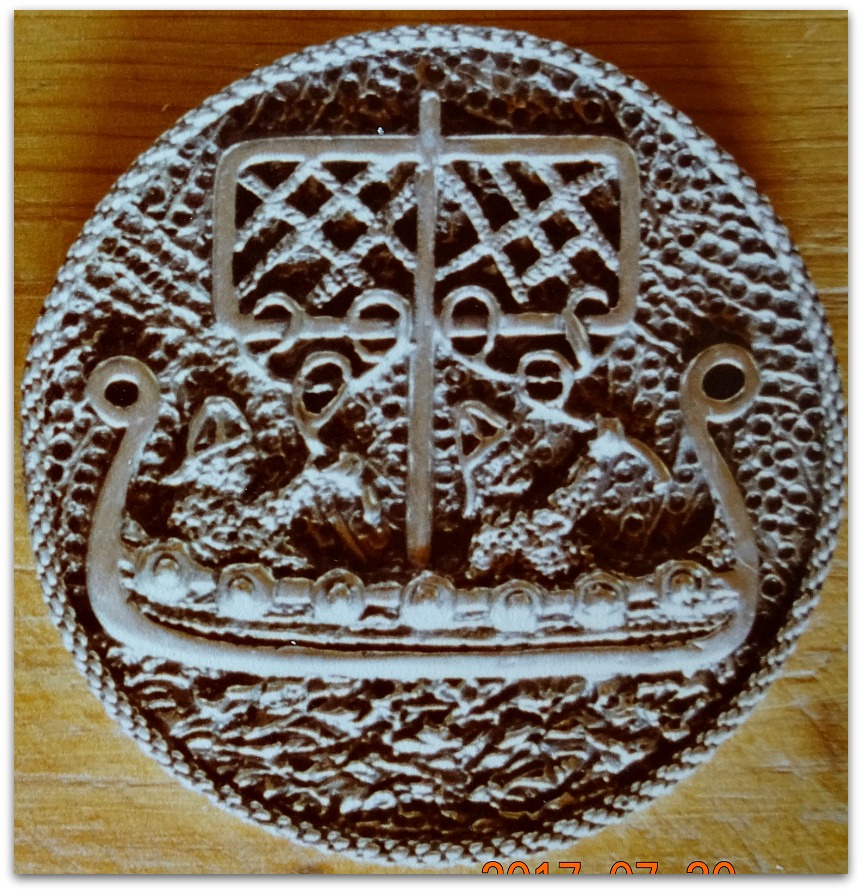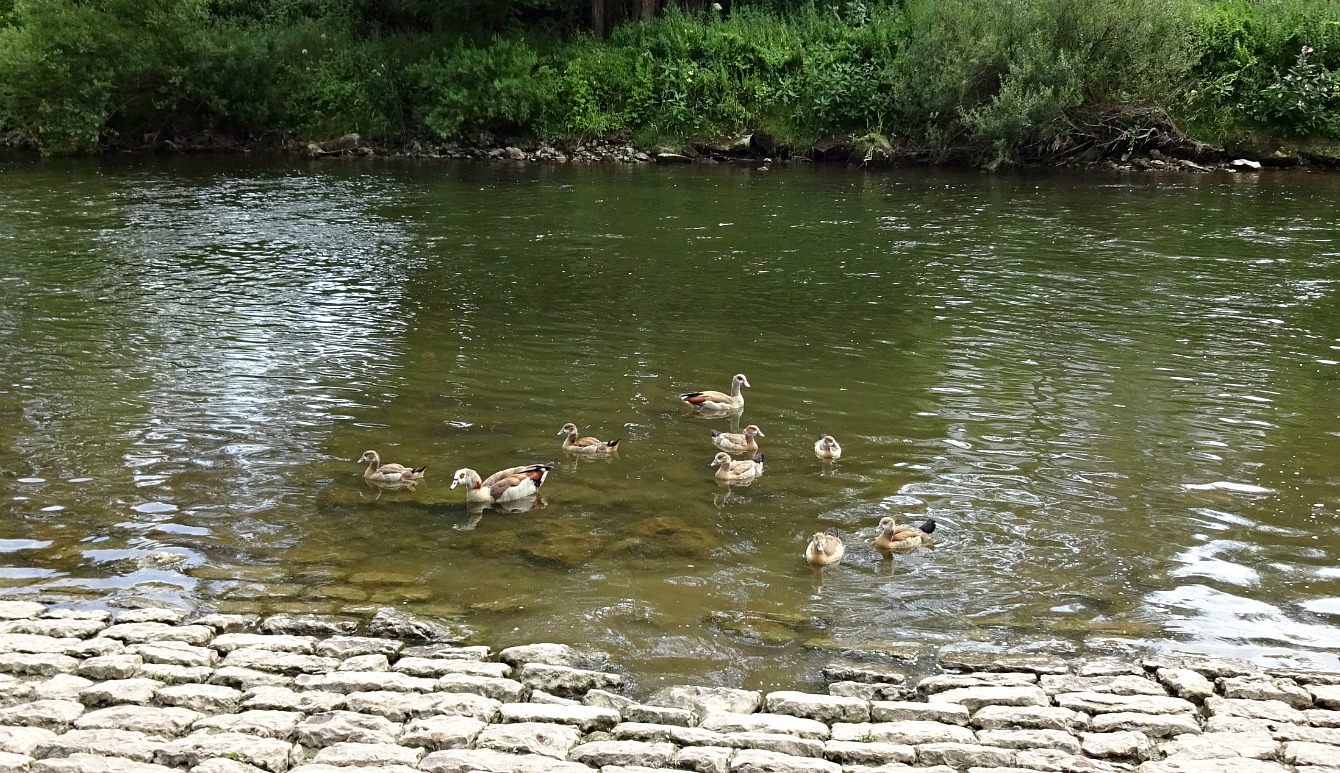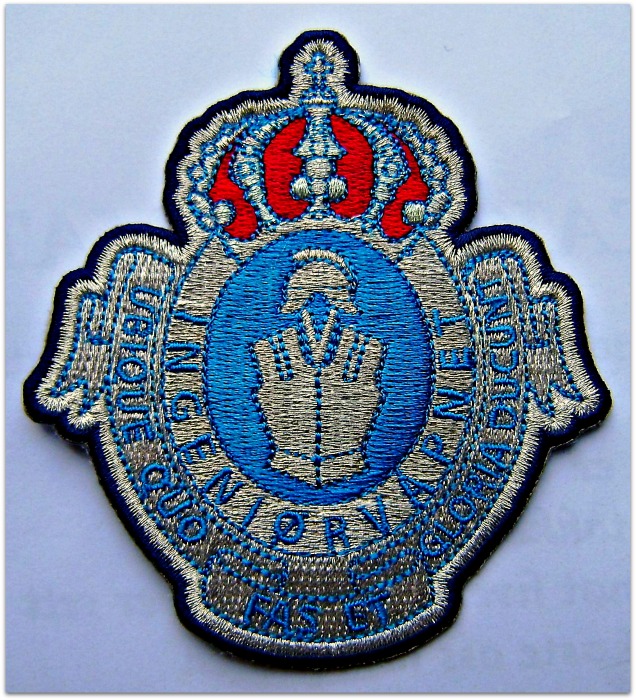Internet Benefits: Grasp Visitors Attention in 10 Seconds, or Less
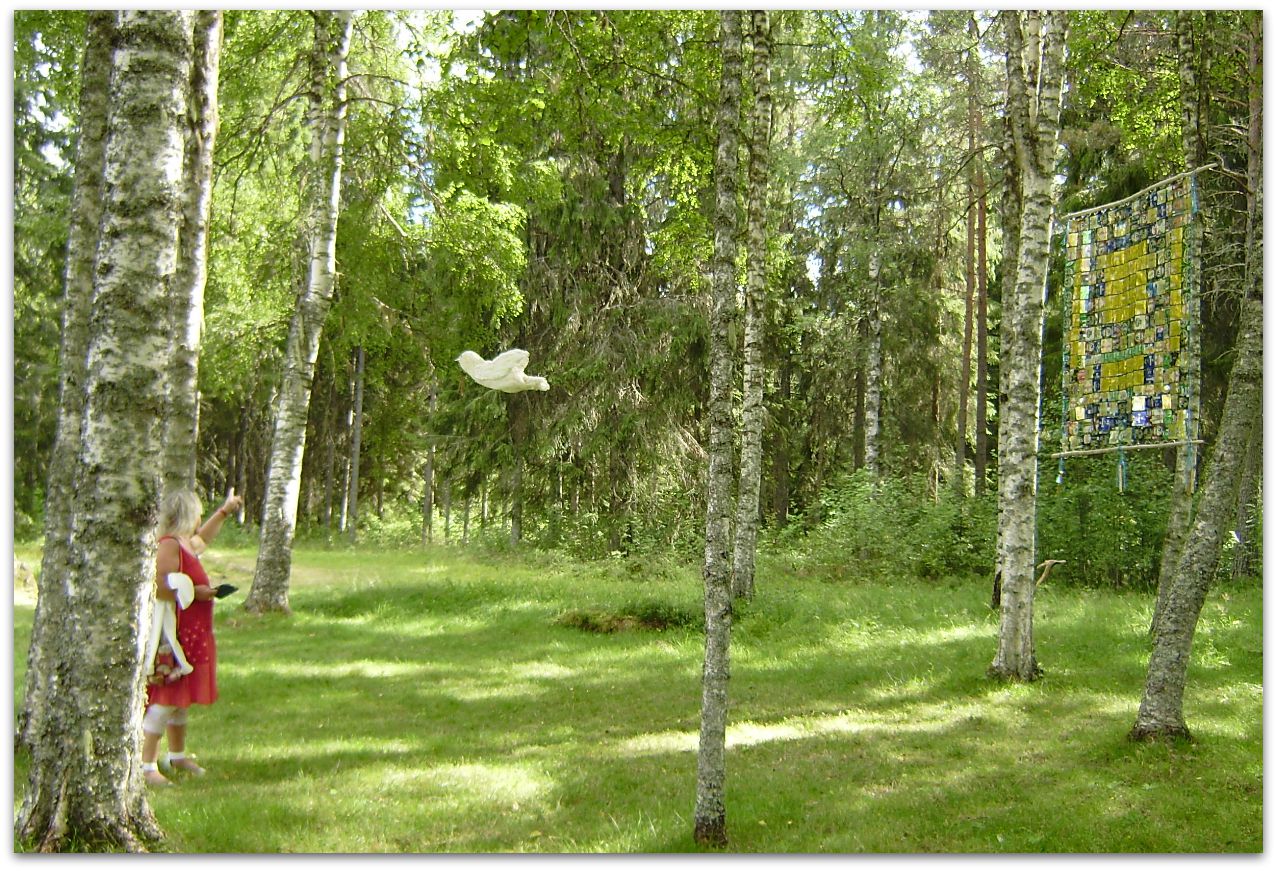
- Your website must snag visitors attention
- Communicate the biggest Internet benefits in 10 seconds
- The headline can make or brake success
- You need to strategically format it
- Capture visitors' names and e-mail addresses
- Getting around easy with a navigation menu
- Avoid these common design errors
- Avoid distracting graphics and animation
- Avoid sharing ordering information too soon
- Avoid "about you" text like mission statements
- Dramatically increase your overall sales
TOC Internet Benefits
Internet Benefits
Use The Most Valuable Internet Benefits - or Real Estate on Your Web Site to Capture Your Visitors Attention in 10 Seconds or Less
Internet Benefits
Your mission, should you choose to accept it, is to make those critical 10 seconds count by ensuring that the first fold of your web site (the first screen of your web site visible without scrolling) snags the attention of your visitors with compelling Internet benefits that persuades them to stay just a few minutes longer to find out what you're offering.
What's Up With This 10-Second Internet Benefits Rule, Anyway?
The first fold is literally the most valuable real estate on your web site because this is the screen that your visitors absorb during the first 10 seconds of their visit and use to make their "should I stay or should I go" decision. That's why you'll frequently hear me refer to "the 10-second rule."The first fold of your web site needs to be strategically designed so that, in 10 seconds or less, it clearly communicates the biggest, most compelling Internet benefits to offer your visitors.
I know this concept probably sounds simple enough; however, most web site owners make fatal mistakes here that drive visitors away and limit the sales potential of their sites.
In the process of trying to "tell it all"... "sell it all" ... or "dazzle `em all," they just end up "confusing `em all." Or they assume that their web site will sell the offer itself and don't provide any information.
Think about all of those times you've arrived at web sites that:
- Overwhelm you with graphics
- Point you in 14 different directions with links here,
there, and everywhere
- Annoy you with flashy banners
- Slow you down with long, pointless Flash presentations
- Spend the entire first page talking about "Mission Statements"
- And just plain drive you away with a lack of relevant information
We've all been to (and been frustrated by) these sites. So what can you do to ensure that your site isn't one of them?
Communicate Your Biggest Internet Benefits With Your Headline
Any professional copywriter will tell you that your headline can make or break your success. Unfortunately, this is an element that is sorely undervalued by most site owners.The very first thing that should draw the eyes of your visitors when they arrive at your web site is a headline that clearly states the biggest Internet benefits your site has to offer. Graphics, logos, illustrations, menus, links, etc... should never overpower or distract from this critical element.
Your headline should be located at the very top, center of the page in a larger font size that naturally attracts attention. It should communicate information about what you offer and how you're going to:
- Make visitors' lives easier
- Save them money
- Save them time
- Help them in their personal lives
- Provide additional income
- Entertain them
- Make them more attractive
- Help them feel better
Plus, it should be visually appealing. For your headline to be most effective, your visitors must be able to absorb the Internet benefits it shares in a glance. So you not only need to write a killer headline, you need to strategically format it!
To illustrate these points, let's pretend that you're brainstorming headlines for your web site that sells plastic cutlery (i.e. plastic knives, forks, and spoons):
Headline #1:
"Welcome to PlasticCutlery.net"COMMENTS: Your domain name should NEVER be used as your title. It doesn't communicate benefits of Internet or give visitors a reason to stay.
Headline #2:
"Buy Our Perfect Picnic Pals"COMMENTS: You know what this means, but your visitors won't. Are you selling bug spray? Wine? Picnic baskets? Friends to picnic with? Visitors should never have to read through your site to understand your title. The Internet benefits should be clear to everyone immediately.
Headline #3:
"Stick A Plastic Fork In It When It's Done"COMMENTS: Don't worry about being clever, worry about being clear. While cute slogans might be fun to write, be careful that they're doing more than amuse -- make sure they're selling visitors on why your site is worth their time.
Headline #4:
"Durable Plastic Nourishment Ingesting Utensils Comprised Of Plasticizers, Fillers, Pigments, And Other Additives"COMMENTS: Huh? Speak in a language that your target market is going to understand. You're only impressing yourself by overusing big words in long, complicated sentences. Good writing is clear and concise. So are good headlines.
Headline #5:
"Choose From Our Wide Selection Of Brand Name Plastic Cutlery (Over 200 Tested, Proven Durable Styles)... Including The Top 10 Patterns The Hollywood Stars Use"COMMENTS: Now I admit that this last headline is a bit of a stretch, but if you are in the market for designer plastic utensils, these might be the major Internet benefits you are looking for. Notice that this headline clearly expresses benefits like:
a) Choose from a wide selection of plastic cutlery (over 200 styles)...
b) Choose from brand name cutlery...
c) And choose from patterns the stars use.
Now if you were formatting this headline in HTML, you'd want to carefully use centering and line breaks, along with bolding, italics, and brackets, to place special emphasis on certain words and phrases that make it easier to read in a glance.
This is how you make theInternet benefits in your carefully written headline jump out at your visitors.
Capture Visitors Names And E-mail Addresses
The next critical element that should appear within the first fold of your web site is an opt-in e-mail form that offers visitors a compelling reason to become a subscriber.Not every person is going to buy from you the first time they visit your site, so it's very important that you capture their names and e-mail addresses before they leave.
You've spent the time, money, and energy getting your site listed in the search engines, recruiting link partners, purchasing advertising in industry newsletters, writing free promotional articles, etc... Why would you let these targeted visitors slip away?
Of course, these days including an opt-in e-mail form with text like "Subscribe Now" or "Free Newsletter" is not enough.
E-mail is no longer a novelty for most people, and there are literally thousands of sites pushing their "free" newsletters. So it's extremely important that you give your visitors a compelling reason to share their names and e-mail addresses.
For example, referring back to the plastic cutlery web site, a good subscription offer might read something like this:
Notice that you're not only letting visitors know that their subscription will be free, you're telling them exactly what your newsletter is about, how frequently they'll be receiving it, and how they're going to get Internet benefits from it.
Subscribe to our FREE monthly "Plastic Cutlery" Newsletter and learn the secrets Hollywood stars use to throw some of the hottest, most talked-about parties... for almost no cost!
PLUS, Subscribe today, and you'll immediately receive our exclusive report, "10 Secrets About Buying In Bulk That Plastic Cutlery Manufacturers Don't Want You To Know!"
Plus, you're giving them the added incentive of a special bonus report that contains information they're going to value (and that's going to establish your credibility!).
Make Getting Around Easy With Your Navigation Menu
The other critical element that should appear within the first fold of your web site is your navigation menu, which should be placed somewhere on the top, left of every page.When visitors first arrive at your site, they should be able to see in a glance that your site is going to be easyto navigate.
If your visitors are struggling to get around, then they're not thinking about your offer. And if they're not thinking about your offer, they're going to leave! So rather than scatter links around your homepage, group them together in a concise menu that's easy to understand and use.
I should point out that part of making your navigation menu easy to use involves carefully choosing your menu button names. For example, a poorly labeled menu on your plastic cutlery site might look something like this:
- What's Cool
- Meet Bob
- Statistics
- Background
- Product
Notice that none of these buttons give the visitor information about how they're going to get Internet benefits from clicking on them. This is a very common mistake. Don't assume that your visitors will instinctively know what these buttons mean. Choose compelling link and button names that are both benefit- oriented and clear!
A better menu might look something like this:
- Home
- FREE Plastic Cutlery
- Hollywood Star Favorites
- 200 Cutlery Designs
- Cutlery Care Tips
- About Us
- Contact Us
Notice that each of these menu options clearly tells the visitor where they're going to go, or what they're going to get by clicking on them.
Avoid These Common Design Errors
Once you understand the key elements that should immediately grab your visitors attention within the first fold of your web site, the elements to avoid become obvious:#1: Avoid Links And Banners That Drive Traffic Away From Your Offer
Be careful not to drive traffic away from your web site with distracting banners and links. While there are some situations that warrant placing a banner at the top of your homepage (i.e. you're promoting an affiliate product or you're selling your advertising space), you need to make sure you're not driving your traffic right into the hands of your competition.For example, if you're selling books about plastic cutlery, you shouldn't have a link to Amazon.com at the top of your homepage. Amazon.com is a HUGE, well-established bookseller that has already established its credibility with online book buyers.
If you present your visitors with the choice of purchasing their plastic cutlery books from you or Amazon.com, they're likely going to choose Amazon.com.
Think carefully before placing any links or banners within the first fold of your web site; this is where you should be directing visitors towards your offer, not away from your site!
#2: Avoid Distracting Graphics And Animation
Words sell, not graphics.So if visitors spend the first 10 seconds at your site trying to figure out how to make your long Flash presentation stop, or waiting for large graphics to load, you can be sure that they're not going to stick around.
While there is a time and place for graphics and animation, be certain that if you've chosen to include any on your site, you've done so to strategically enhance your message and illustrate Internet benefits - not for your own self-gratification.
Your friends and family will be far more impressed by the long-term profits your site generates than by flashy, spinning images.
#3: Avoid Sharing Ordering Information Too Soon
While your product type and offer will ultimately dictate how you lead your visitors to the sale, it's generally a good idea to avoid any mention of ordering or buying until you've established the value of your offer as this tends to scare people away.Like any good salesperson, you first need to establish your credibility and explain how your product or service is going to give Internet benefits to the visitor before asking for the order.
#4: Avoid "About You" Text Like Mission Statements
Here's a personal pet peeve of mine. Sites that seem intent on boring you to death with long, elaborate pages that talk about company goals and mission statements.Think about it for a minute... A mission statement is about what your company wants to achieve, not about how your visitors are going to get Internet benefits from doing business with you.
Yes, in some cases these benefits may be implied in your mission statement. But you can't honestly expect your visitors to wade through all of your pomp and ceremony to figure out how you're going to help them.
If you MUST include this information on your site, don't place it in the first fold of your homepage where visitors are looking for clear, specific details about why your site is worth their time.
Final Thoughts about Internet Benefits
The first fold is the most valuable real estate on your web site because this is where new visitors make their 10-second decision to stay or go.That's why you need to side-step the tempting design errors like misplaced banners, distracting animation, wordy missionstatements, and premature ordering information, and use this space to carefully:
- Communicate the biggest Internet benefit your web site has to offer
- Persuade your visitors to opt-in to your mailing list
- And convince them that your site will be a breeze to navigate
This is how you'll not only dramatically increase the average length of a visitor's stay, it's how you'll also dramatically increase your overall sales!
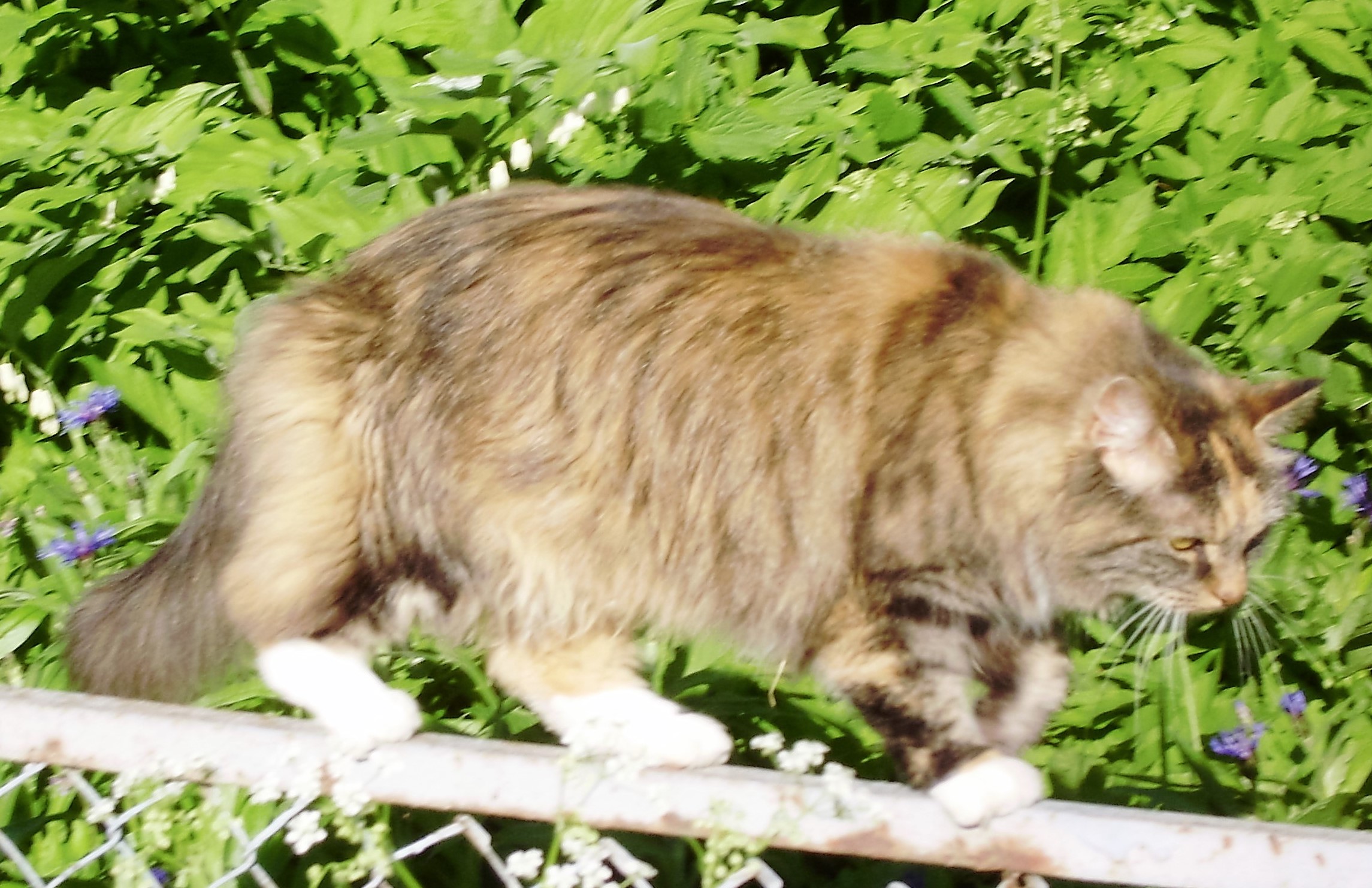
You Want A Website Soon? Let Us Help You With the Secrets Now!
- You do not have the time to build your own site
- You like what you do and want to keep doing what you do best
- Remember our watertight guarantee
- Get free start up advice - special discount
Use our secure form below - please complete and send!
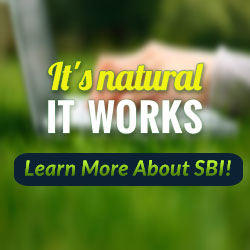

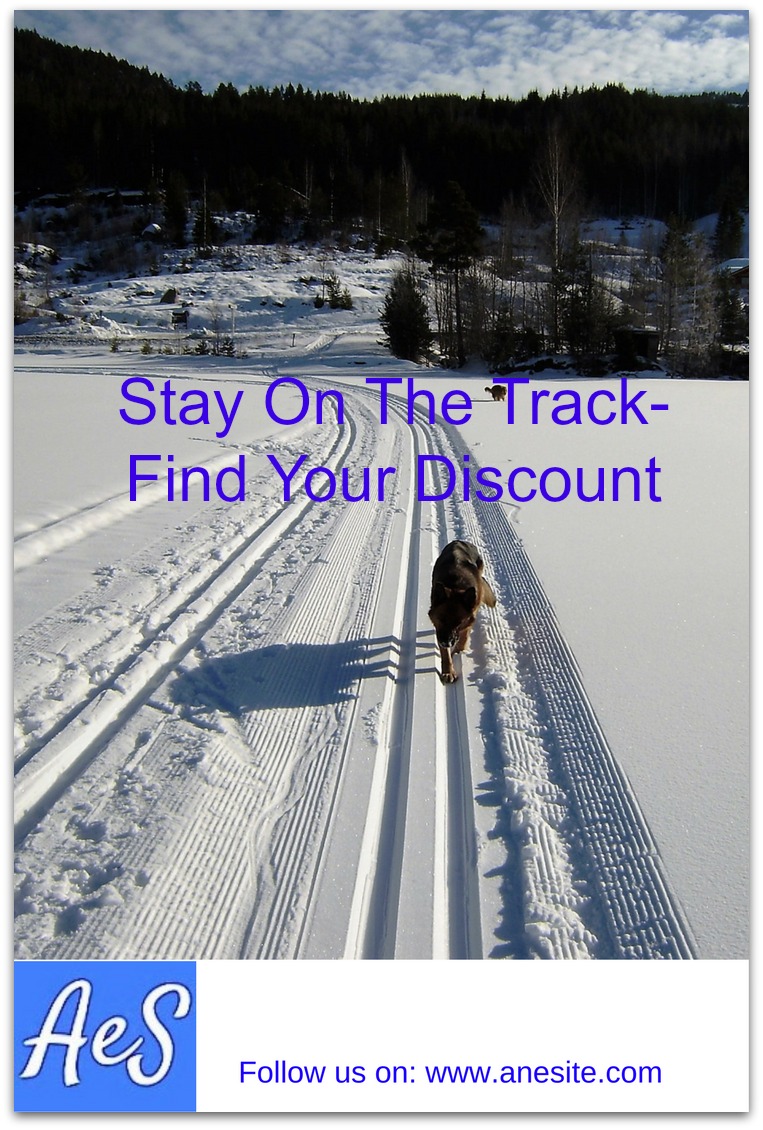
Advertise on our site - 24x7x52
Top results
and best prices. Brand your business and market your product straight to your prospective clientele
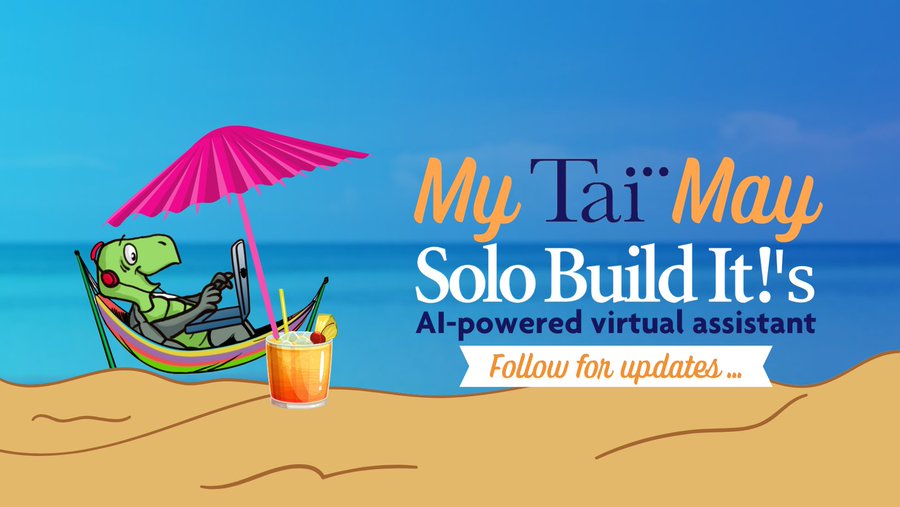
"Terrific Boost of Productivity- And Anything Else You Might Need it for in Life"
Tai Is Live and Waiting to Assist You
Tai, your Business-Building Assistant, is here for you
HELP
UKRAINE
Send your help/amount here
We are offering two free years of SBI! to everyone living in the Ukraine or who has been forced to flee the country because of the conflict


Thank you for visiting!
Get our free newsletter - with "special Internet only offers"
Or, just order your free newsletter here:

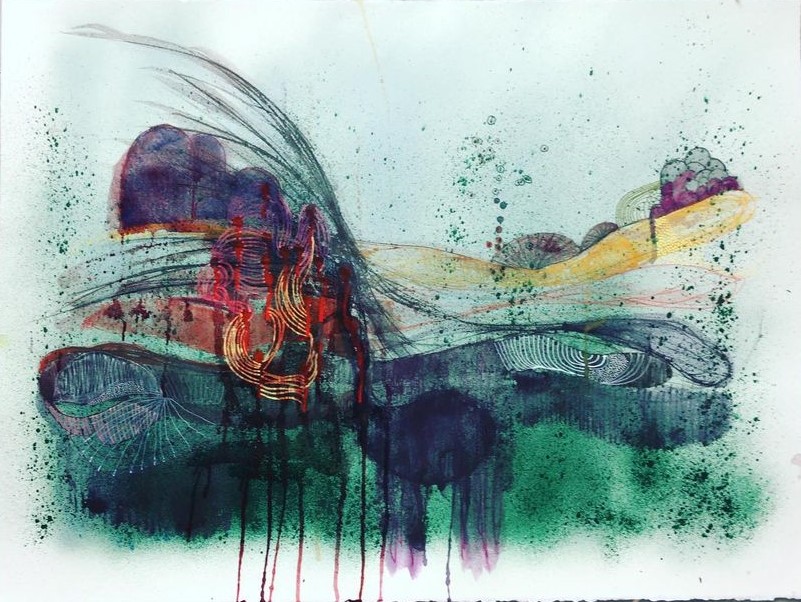
If you purchase a product through links on this page I receive a small commission at no cost to you. I was not paid for writing this review- and I did not receive it as a freebie. I am suggesting it for you because I own it and love it- and I think you would- too.
Please find more info here:
Knut Olav Skogøy
Løvenholmvej 42 -DK-8963 Auning
Tel: +45 2217 0617
Copyright & TM 2025: AneSite.com


